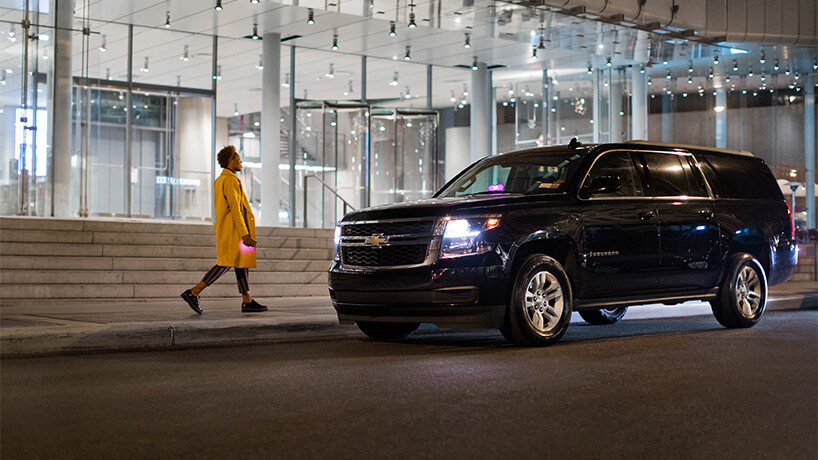The popular transportation company is launching a new effort to make arriving at sporting events easier. Might convention centers be next on the company’s priority list?
Remember the last time you used your phone to request a ride to a baseball game or a concert? Everything felt easy — the car picked you up outside your front door, and you didn’t need to deal with fumbling through dollar bills or swiping credit cards — until you actually arrived at the venue. Your driver dropped you at what seemed like an appropriate location, but you soon realized that your seats were actually located around the block. Lyft is aiming to solve that kind of conundrum with a new partnership with ticket resale company SeatGeek. Now, if you’ve purchased your tickets through SeatGeek, you can request a ride directly from the company’s mobile app, which will use your seat location to give Lyft drivers the most convenient drop-off location.
Lyft’s news release claims it may be able to save customers up to 30 minutes of wandering around a stadium. The service will launch at Providence Park, the home venue of Major League Soccer’s Portland Timbers. Lyft’s move has plenty of potential at other consumer-facing stadiums and arenas, but the company could also unlock a new level of convenience for attendees at business events, too. Think about the last time you arrived at the entrance of a convention center, only to realize that the opening session was actually kicking off on the other side of the building. Veteran event organizers know that “the other side of the building” can often translate to five city blocks away at massive convention centers.
Sure, many attendees still rely on shuttle buses to get to and from conventions, but it’s clear that more are relying on their own car service. In 2017, the Boston Convention Center was Lyft’s most-visited event venue in the city, and it was the same case in Chicago with McCormick Place. Consider that lawmakers in both cities considered proposals that would have banned ride-sharing companies from picking up at those convention centers — in 2014 in Chicago and 2016 in Boston.
As more attendees turn to those services for their transportation needs, expect to see an increasing number of cities and convention centers embrace the ride-sharing revolution. For example, in Atlantic City, the convention center named Lyft its official ride-sharing service. At CES, the Las Vegas Convention Center was one of the places to experience the beginning of the driverless car revolution. If only those ride-sharing robots could start printing name badges on the way to the general session and submitting CEU requests on the way to the airport.

